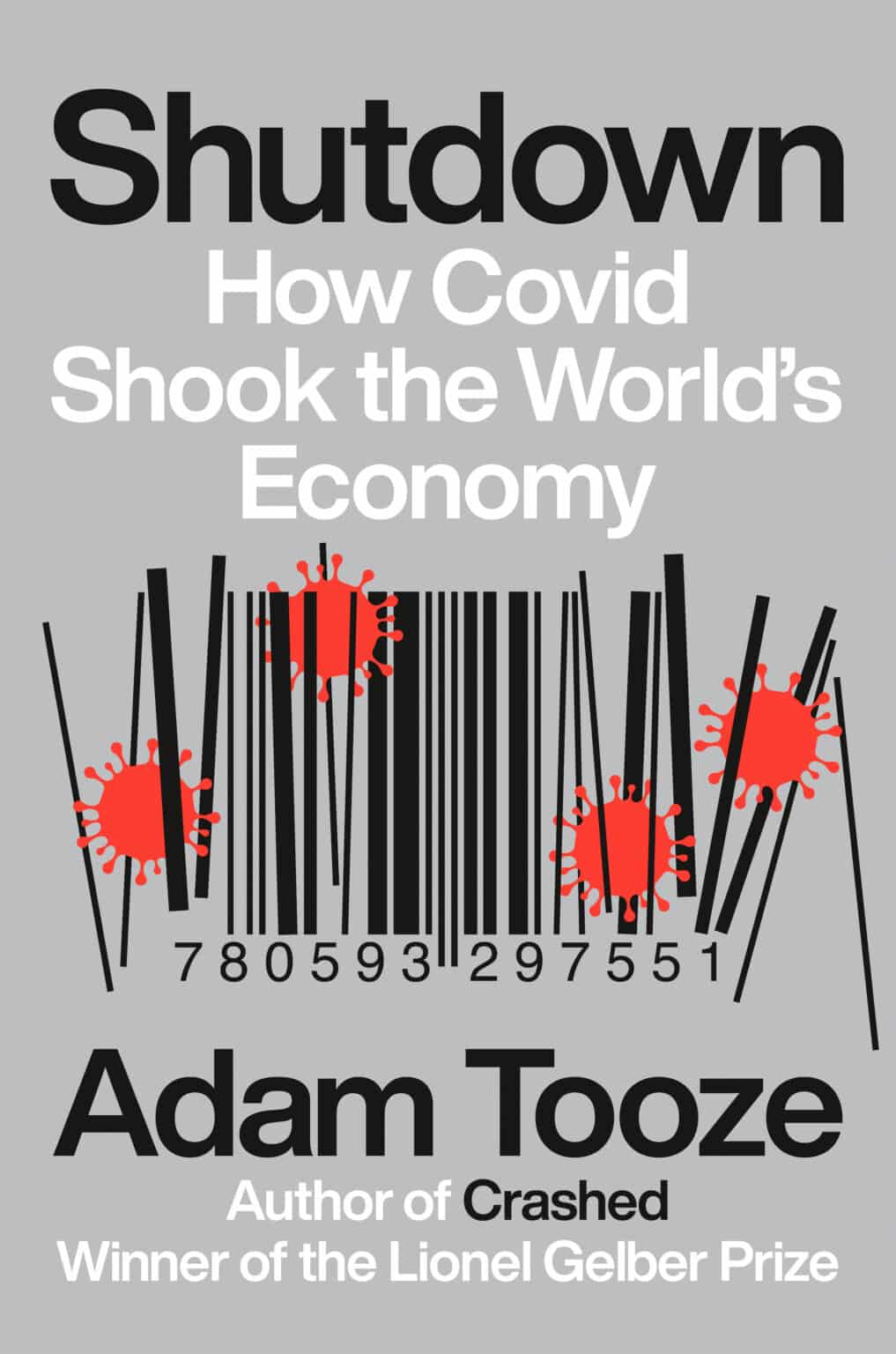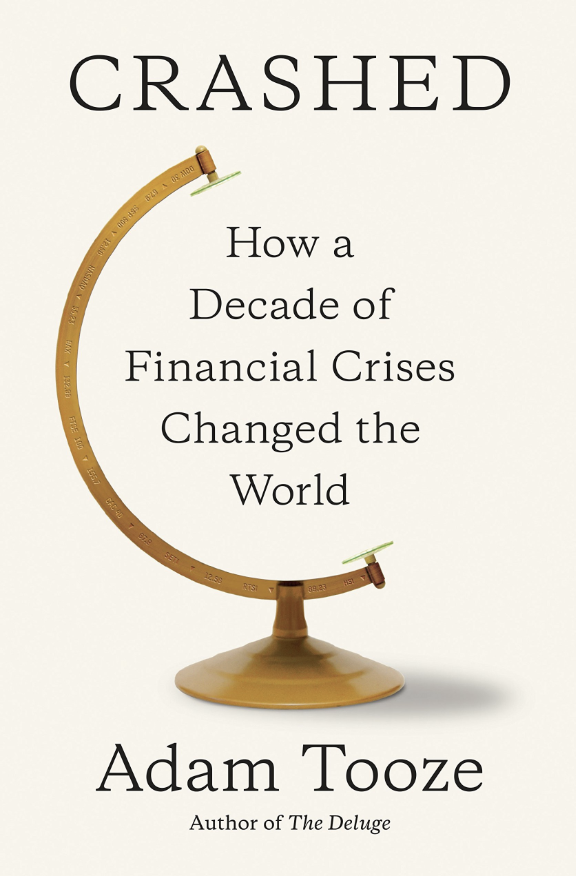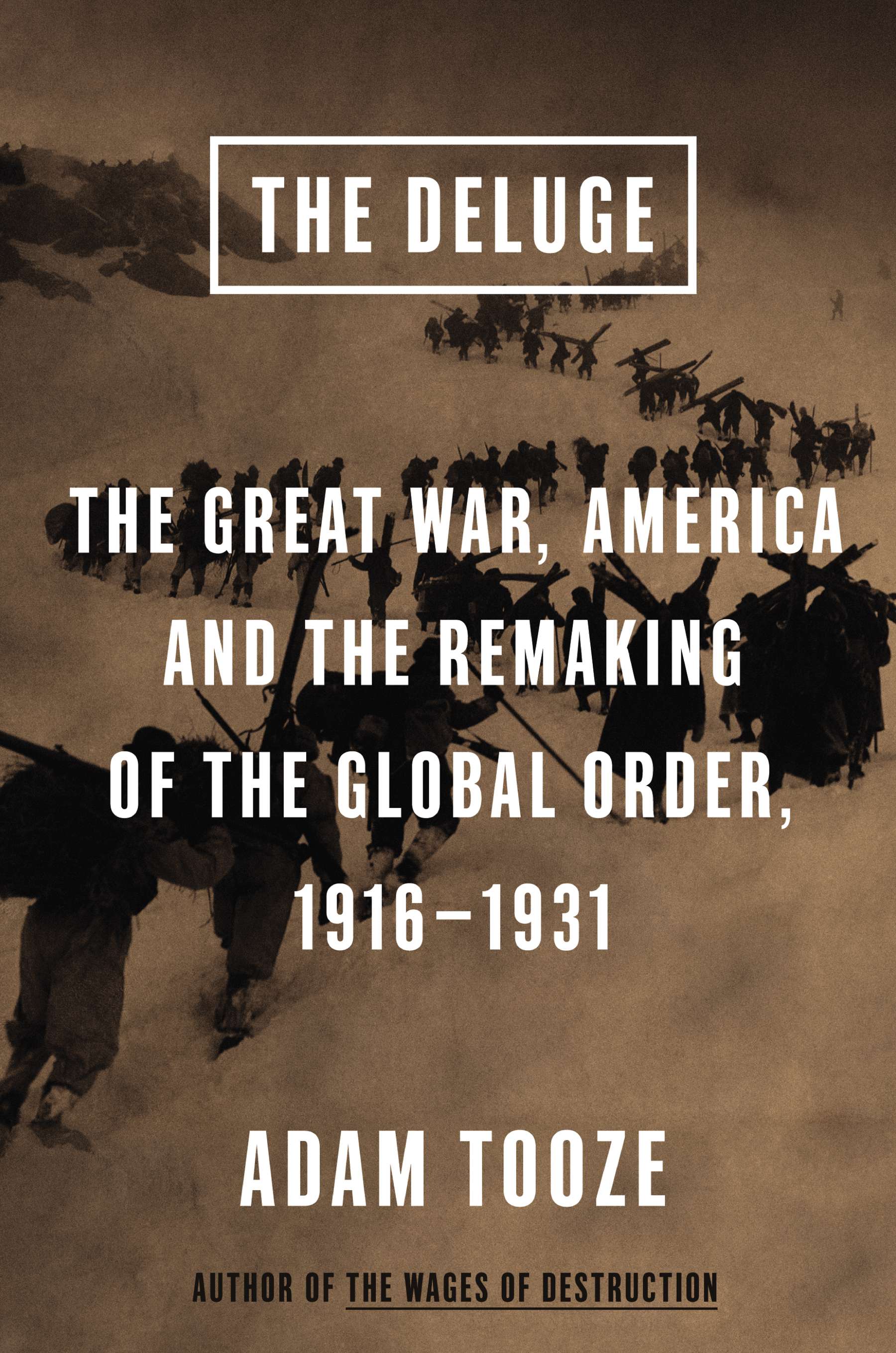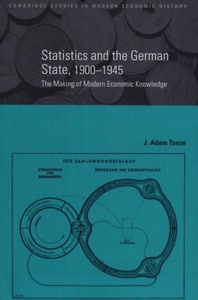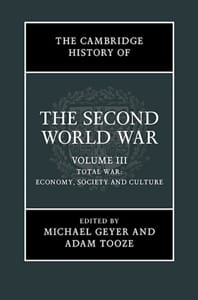
Normalität und Fragilität: Demokratie nach dem Ersten Weltkrieg
I was delighted to collaborate with Tim Müller in putting together this collection of revisionist essays on the history of democracy in the interwar period. Tim is the author of a brilliant intellectual and political biography of the Frankfurt School philosopher, Herbert Marcuse Krieger und Gelehrter. Herbert Marcuse und die Denksysteme im Kalten Krieg Hamburger Edition 2010 and the controversial and much-discussed Nach dem Ersten Weltkrieg. Lebensversuche moderner Demokratien. Hamburg: Hamburger Edition, 2014. He is currently completing a fascinating new project on democratic governance in the Weimar Republic, which segues nicely with the narrative suggested by Statistics and the German State. Tim was one of the most insightful early readers of Deluge and we struck up a partnership to put together a series of essays contesting the usual narrative of the crisis of democracy in the interwar period. In my own essay I argue against the conventional narrative, which sees 1945 as the true breakthrough to mass democracy in Europe. Instead, I argue that we should see the period from 1890-1929 as the moment in which democracy was probably at its most vibrant in the entire twentieth century. Most telling is the underappreciated fact that it was the push for democratization that stopped the awesome struggle of World War I, well short of the kind of cataclysm that Europe would witness in 1945.
An English draft of my contribution is available here for download.
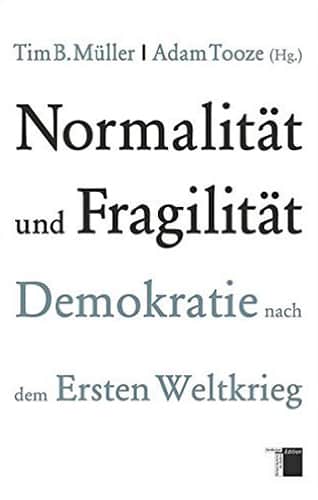
Normalität und Fragilität: Demokratie nach dem Ersten Weltkrieg
I was delighted to collaborate with Tim Müller in putting together this collection of revisionist essays on the history of democracy in the interwar period. Tim is the author of a brilliant intellectual and political biography of the Frankfurt School philosopher, Herbert Marcuse Krieger und Gelehrter. Herbert Marcuse und die Denksysteme im Kalten Krieg Hamburger Edition 2010 and the controversial and much-discussed Nach dem Ersten Weltkrieg. Lebensversuche moderner Demokratien. Hamburg: Hamburger Edition, 2014. He is currently completing a fascinating new project on democratic governance in the Weimar Republic, which segues nicely with the narrative suggested by Statistics and the German State. Tim was one of the most insightful early readers of Deluge and we struck up a partnership to put together a series of essays contesting the usual narrative of the crisis of democracy in the interwar period. In my own essay I argue against the conventional narrative, which sees 1945 as the true breakthrough to mass democracy in Europe. Instead, I argue that we should see the period from 1890-1929 as the moment in which democracy was probably at its most vibrant in the entire twentieth century. Most telling is the underappreciated fact that it was the push for democratization that stopped the awesome struggle of World War I, well short of the kind of cataclysm that Europe would witness in 1945.
An English draft of my contribution is available here for download.
